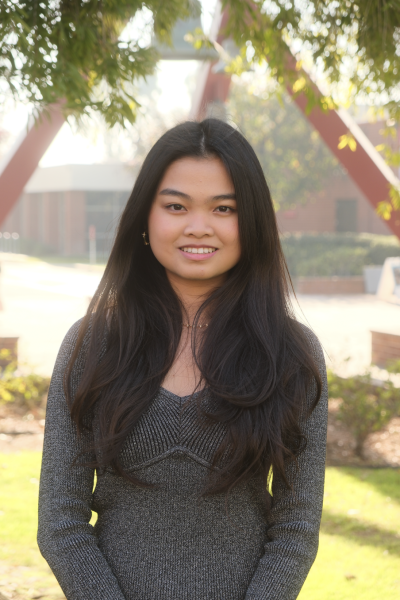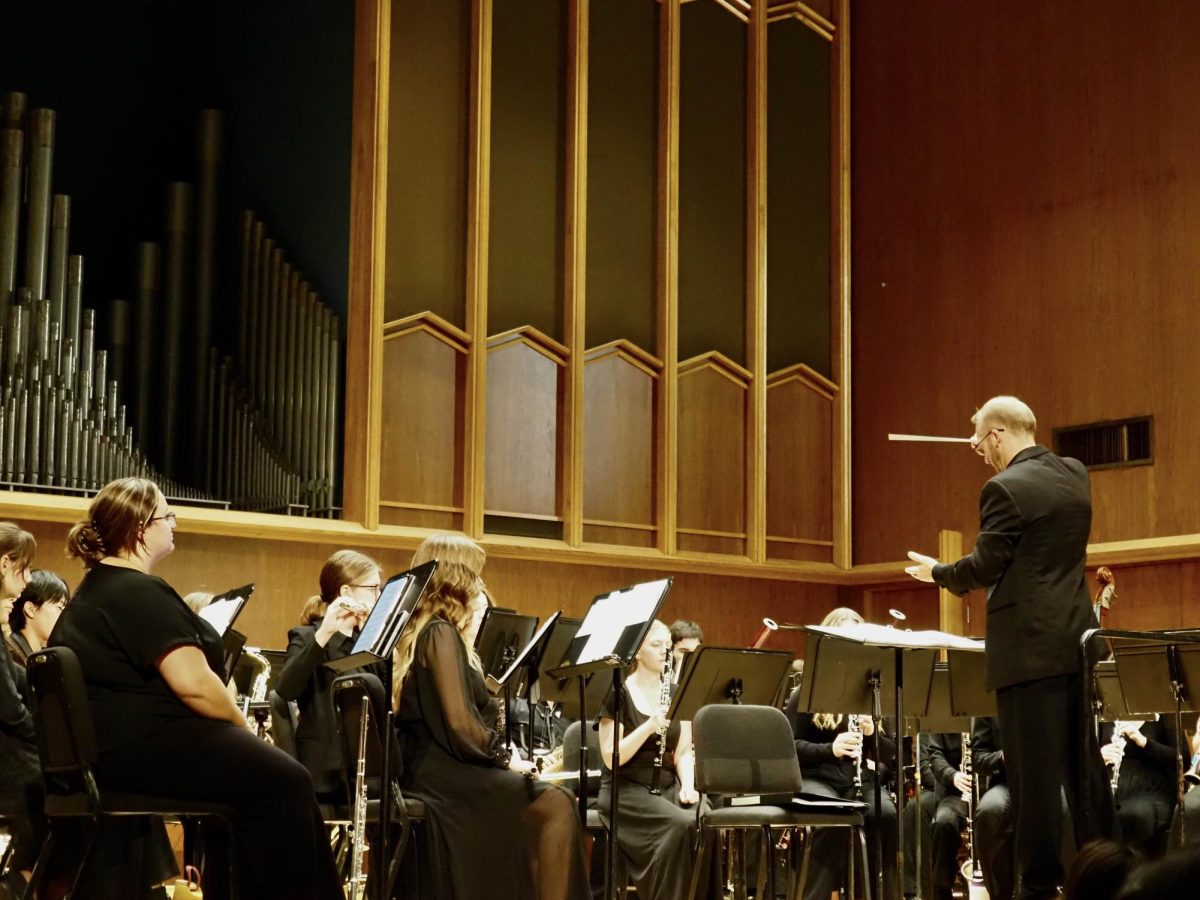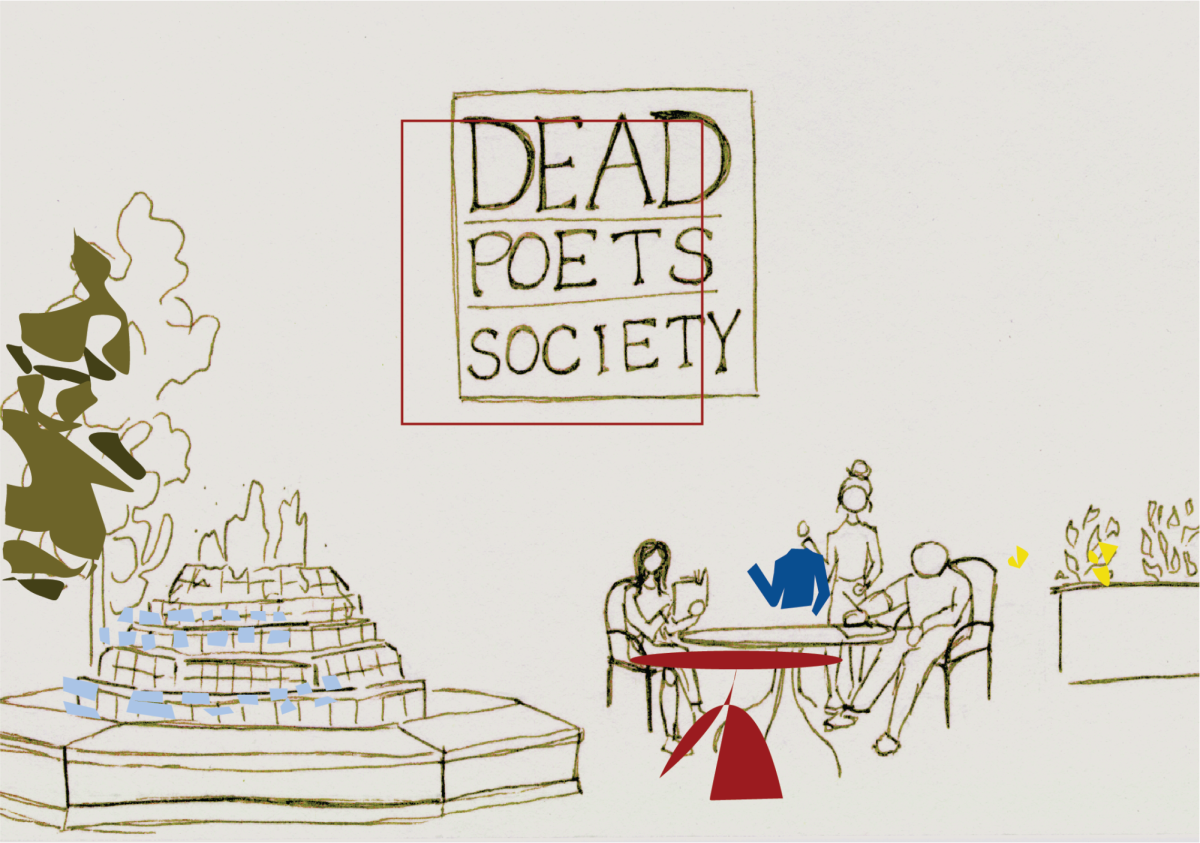“Between the Pages” is a Q-and-A series that explores one’s life through books that have shaped and influenced them. Books affect the forming of souls, and together these souls make up our community. Through both ancient and contemporary writings, we unveil the glimpse of wisdom that underlies the heartbeat of our community.
Lisa Igram is a theologian in the Rosemead School of Psychology. Igram pursued English for her undergraduate and teaching English to speakers of other languages (TESOL) for her graduate degree. She then pursued a PhD in Talbot School of Theology for spiritual formation and soul care. Igram spent some time in China teaching English before her teaching career at Biola.
Disclaimer: The answers have been edited for clarity and conciseness without altering the original meaning.
What book(s) are you currently reading, and what drew you to it?
Lisa Igram: What I’m looking for are books that help us understand the cultural context of Scripture and certain passages in a way that is really accessible to people in the church. “Engaging Jesus with Our Senses” by Jeannine Hanger, a Biola faculty. “The Samaritan Woman’s Story” by Caryn A. Reeder, she is reading the Samaritan woman story in John in light of sexual abuse and sexual assaults that have happened within the church. And so how can we understand her story for today and the dignity and value that Jesus gives to the Samaritan woman? “Bearing God’s Name” by Carmen Joy Imes, a Talbot faculty. And then “Reading While Black” by Esau McCaulley, he is a black American who grew up in the church and is trying to understand how we can better read Scripture in ways that make sense to a variety of cultural backgrounds.
Is there a book you find yourself rereading regularly? Why does it resonate with you?
Igram: I love fiction. I think books that I consistently reread are like the “Chronicles of Narnia series” and even “Harry Potter.” I think the “Harry Potter” series actually has a lot of incredible Christian themes in them, the ways like Dumbledore or even Snape interact with the kids in showing God’s mercy and a big picture of what’s going on that maybe the kids don’t always understand. There’s so much loyalty, friendship, self-sacrifice and many helpful themes in there.
What is your favorite fiction book, and what do you love about it?
Igram: I think in different seasons of my life, the answer will change. 10 years ago, I liked “The Secret Garden” by Frances Hodgson Burnett. It really formed my imagination around beauty and the way beauty can heal. In high school, I read “Til We Have Faces” by C.S. Lewis. It is about God’s work in our lives that can sometimes be so hidden and misunderstood. I love Kathleen Norris as a spiritual writer. She wrote a book called “The Cloister Walk,” which also gave me an imagination for living in rhythms with Jesus, in ways that even if I’m tired of those rhythms, they’re still forming, and they create space for the spirit to work in my life again, even when I don’t see what’s happening
What are some essential books you recommend for students interested in the integration of faith and psychology/health or your field of teaching?
Igram: I would say, read really good fiction, think about themes from our faith that appear in it and the ways the characters grow and change. I recommend “Til We Have Faces” and another written by some of our faculty called “Relational Spirituality,” by Todd Hall and Elizabeth Hall. John Mark Comer thinks that this is one of the best books that’s come out in terms of spiritual formation and mental health. Also anything by Peter Scazzero, and he talks a lot about “Emotionally Healthy Spirituality.”
What books shaped you the most during your college years?
Igram: I was an English literature major in college, and I loved ”Moby Dick.” I think “Moby Dick” has some really incredible themes as it relates to the gospel and wrestling with God. I read “Celebration of Discipline” by Richard J. Foster when I was a freshman, and it was the first time I realized for myself that my walk with God could be so intentional.
What book did you wish you had read earlier in life or during your studies?
Igram: I can tell you a book that I’m really glad I found early on in my PhD research because it shaped my direction. David Horner, who’s one of our philosophers, recommended that I look at a philosopher named Esther Meek, she wrote a book called “Loving to Know: Covenant Epistemology.” Her big idea is that anything that we can come to know comes first because we are loved by God, and also must come in community. Any knowing that I do as an individual comes out of being in community.
What book or author influenced your decision to pursue your academic discipline?
Igram: I came here to Talbot to do the spiritual formation program. The reading and experiences specifically in spiritual theology and spiritual formation have been really important. Some authors that were helpful to me were Simon Chan, who wrote “Liturgical Theology.” He also wrote a book called “Spiritual Theology.” Another two influential faculty are Betsy Barber and Judy TenElshof. They’re both retiring this year. They are trained psychologists in spiritual formation and in marriage and family therapy.
What advice would you give to students who are looking to improve their writing?
Igram: Read really good fiction. I think reading good writing is the best thing you can do to improve your writing. The second would be to keep writing. Do a lot of writing. Take advantage of all the papers that you’re writing, to not just try to write it the night before, but write it several weeks in advance, and then come back to it. Make use of the Writing Center, take what you think is your best work to the Writing Center and have the Writing Center staff take a look at it and help you to make it even better.
What reading habits do you recommend to students?
Igram: It’s gonna depend on if you like reading or not. If you like reading, carve out even a half hour a day to do some reading that you enjoy, because that’ll be life-giving to you. If you don’t care for reading, see if you can give yourself even 15 to 20 minutes to start to read something. I think I would also say to read something for fun. Learn how to take good notes. When I’ve read either an article or a book, when done reading, write one paragraph summary of the big ideas of the whole book, and then put it away. I wish I had done this more especially in graduate work so I would have a better-annotated database of things that I can go back to.
What book has most challenged your faith, and how did you grow through that experience?
Igram: Books that most challenge my faith tend to be books that are written outside of the kind of Western ways of knowing. One of my colleagues, Melissa Tan, has challenged my thinking about shame and honor dynamics. When I think of the word challenged, I think of coming against. But that’s less my experience, and my experience is that these books or ideas have been sharpening.
What have you been learning about life and faith?
Igram: I think the ways that God has worked in my life, have often been either hidden or have taken years to see what’s happening or what God might be doing. I’ve learned more and more to wait and trust even when I want to jump in. Because that is my gut impulse, to jump in, do and make something happen. I’ve seen how God has been at work over decades, to bring about his goodness in me, vocationally and in people around me. And so I think I’ve learned more to rest; rest and wait and trust.






